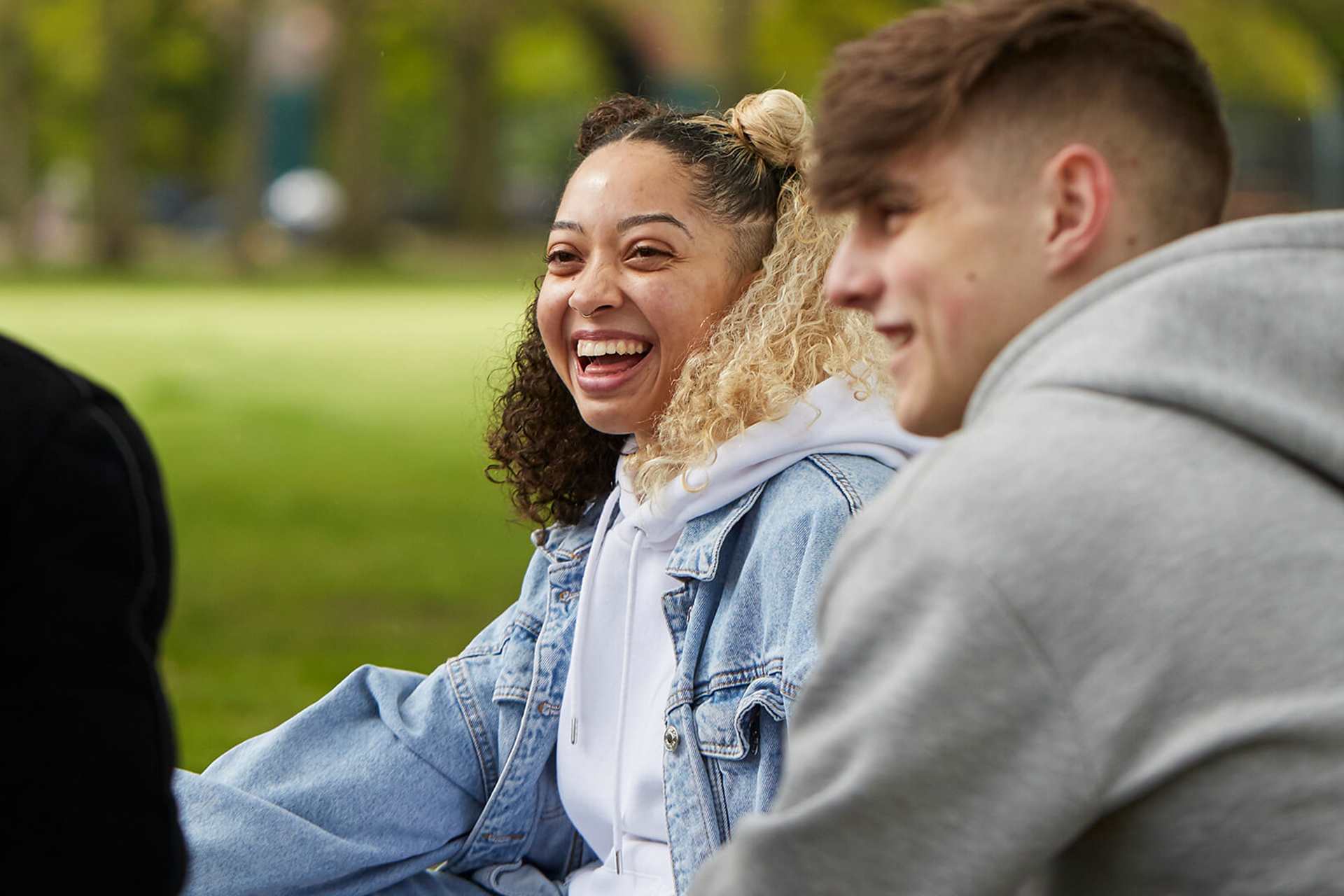Anyone who has sought help for their mental health, no matter their age, would probably agree that it can be difficult to get the help you need. There are so many different types of help and it may not be clear initially what will work for every individual. There are also waiting lists which slow this process down even more.
However, it can be even more difficult to get the right help when you are in the grey area between being a teenager and being an adult.
At first, I struggled to gain help with my mental health because of my age. I felt like I was in a bit of a limbo stage in my life. I was classed as an adult by the NHS but as a 19-year-old girl, I felt like I was still a child and wanted to be with people who were a similar age to me that I could relate to. Instead, I was put into adult group therapy. It was very discouraging being around people who were twenty to thirty years older than me or more. As individuals, we were in different phases of our lives, which made it much more difficult for us to relate to each other’s experiences.
I felt like I was in a bit of a limbo stage in my life.
It felt like everywhere I applied for mental health services, I was told I would have to be around adults. The age ranges were strange; I thought that maybe there would be a separate teen service for 13-19 year-olds, or a young adult service, but I was unable to find anything like this on the NHS.
I couldn’t wait any longer for a service that was perfectly tailored to me and my needs as a teenage girl. I decided to take matters into my own hands. I embarked on a path of self-help alongside taking medication prescribed by a doctor. It was hard at first to figure out what might work for me; however I achieved my goal in the end through determination, lots of experimentation and research.
I attempted to use my hobbies to improve my mental health and general wellbeing.
I thought for a while about what I enjoy doing and attempted to use my hobbies to improve my mental health and general wellbeing. I enjoy writing, in particular poetry and articles, so I thought I would put my non-fiction skills to use and write a journal about my feelings and events in my day-to-day life. It was a great way of making sense of my emotions and finding patterns in my behaviour.
Despite this difficult experience, I refused to give up on improving my mental wellbeing. The most important thing I learnt was that I didn’t have to follow the traditional ways of looking after my mental wellbeing. There are various ways we can improve our mental wellbeing and taking the opportunity to help myself was actually more helpful for me as an individual.
Where to get help
If you are between 18-25 years old and are struggling with your mental health, you can find advice and guidance on where to get help on our find help pages.



